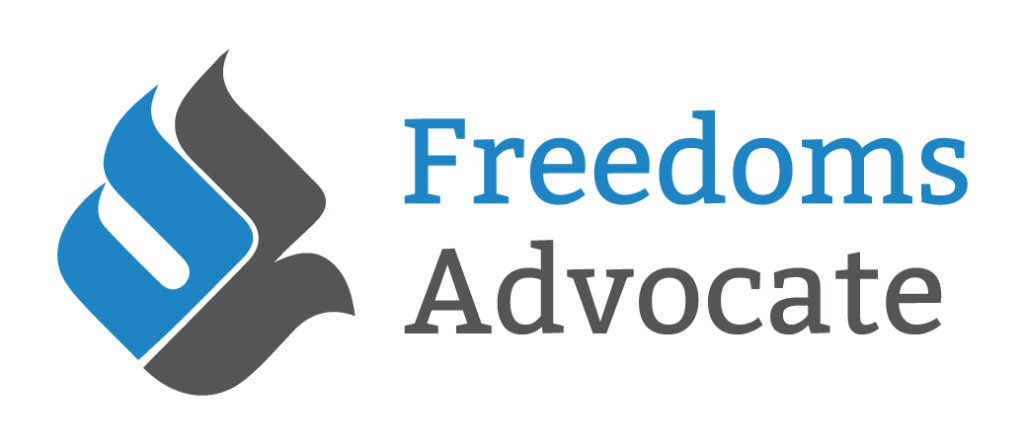Christa Nicholson, K.C.
The Charter is not a perfect document
Christa Nicholson, K.C.
 Some critics say that the Charter is not worth the paper it is printed on.
Some critics say that the Charter is not worth the paper it is printed on.
The Charter is not a perfect document. It is the result of political debate and compromise. The judges who interpret the Charter are citizens themselves and are not perfect or infallible. That said, would we be better without the Charter? I say “no”.
The Charter forms part of the supreme law of the land which laudably has the “rule of law” at its core. It expressly guarantees our fundamental rights and freedoms as Canadians. Rights and freedoms are not and cannot be absolute though – threatening to murder someone, for example, is not acceptable or legally permissible speech. Consistent with that reality, s.1 of the Charter says that certain rights and freedoms can be limited by the state if the limitation is prescribed by law and the government entity can show that doing so is demonstrably justified in a free and democratic society.
Some of the concerns expressed by critics relate to exactly how and where the lines should be drawn – is this person’s conduct within the scope of the protected right? Under s. 1 of the Charter, is this government infringement on the person’s right permissible or not? No doubt some of what the critics are angry about is that, under s. 1, during the pandemic, the courts arguably accepted a less than robust evidentiary foundation to justify the government’s infringement on rights. During the pandemic, many of the government’s actions, which some Canadians viewed as unreasonable or even draconian, were found by courts to be permissible and legal on account of the government’s stated emergency. The expectations of those citizens as to their understanding of their constitutionally protected rights were not met.
What is the solution to this s. 1 Charter issue? Practically speaking, a political effort to change the Charter to raise the evidentiary bar or remove s. 1 altogether, would be next to impossible given the extremely onerous constitutional requirements. However, some of what could be done includes: more education and engagement by citizens with the political sphere to raise public awareness about the importance of our rights and freedoms and how citizens expect their government to honour those rights and freedoms in their law-making and judges to do so in their decision-making; more courageous individuals standing to vigorously pursue and defend their rights; and more legal advocates who argue to uphold those rights to keep the government accountable and courts alert to legitimate concerns about government overreach.
Christa Nicholson, K.C., has been practicing law in Alberta for over 30 years. Working as lead counsel on Freedoms Advocate’s supported cases, she is focused on constitutional and human rights cases, appearing across Canada before administrative bodies and all levels of courts.
Randy Crosson
Canada needs a return to respect for individual liberties
Our four part series on the Charter has demonstrated that lawyers and experts are divided on whether the Charter, post-covid, has value.
This is concerning, given the decades-long national assumption that our fundamental rights and freedoms rest largely on the Constitution and the Charter. The only certain conclusion is that the Charter did not show up over the past four years in the way countless citizens expected it would. Virtually every court case brought forward during covid ended in rulings that the government was justified in violating our freedoms using section 1 of the Charter.
One of the most significant wins during covid was accomplished by Alberta lawyer Leighton Grey, who contributed to part one of this series. The Ingram case declared public health orders made during covid void using a foundation of administrative law, determining that the government instructed the public health officer to make orders restricting the population which exceeded powers granted by legislation.
The real movement happened when the citizens started standing up and protesting to put an end to mandates and restrictions. It is clear that in times of crisis, the government is granted significant deference by the courts. Now that the crisis has ended, we hope to see the courts move back towards respect for individual liberties like free speech, freedom of association, freedom of expression, and freedom of religion, but also acknowledge that much of that depends on the culture and society that provides the backdrop for interpretation of the rights granted by the Charter.
Freedoms Advocate is committed to standing in the gap that became apparent during Covid. Moving forward, we will endeavour to make use of the Charter and also use any and all aspects of legislation available to fight our cases, whether that be the Constitution Act, the bills of rights, human rights acts, or various components of administrative law.
Since culture and politics profoundly influence our law, we must be vigilant in holding our elected governments to account, at law, at the ballot box, and in everyday citizen engagement.
At Freedoms Advocate, we have launched The Watch, a national volunteer network that empowers individuals to defend their own rights and those of others. Volunteers can attend city hall meetings, report rights infringements to us, and offer support to those in need. The materials created to train members of The Watch are also made available to all Canadians, providing an opportunity for anyone to become more aware and proficient with our Charter, bills of rights, human rights laws, and civic engagement.
As citizens, we have both the opportunity and the responsibility to influence elected officials. As WWII war correspondent Martha Gellhorn aptly put it:
“People often say, with pride, ‘I’m not interested in politics.’ They might as well say, ‘I’m not interested in my standard of living, my health, my job, my rights, my freedoms, my future, or any future.’ If we mean to keep any control over our world and lives, we must be interested in politics.”
Randy Crosson is Executive Director of Freedoms Advocate.

